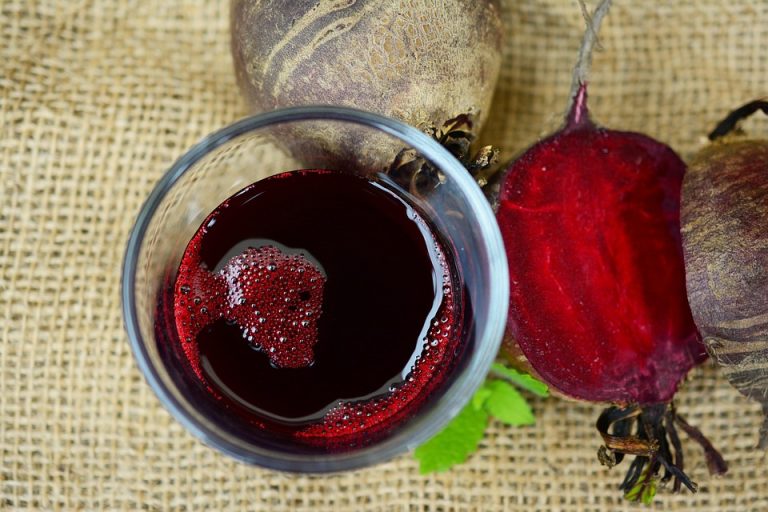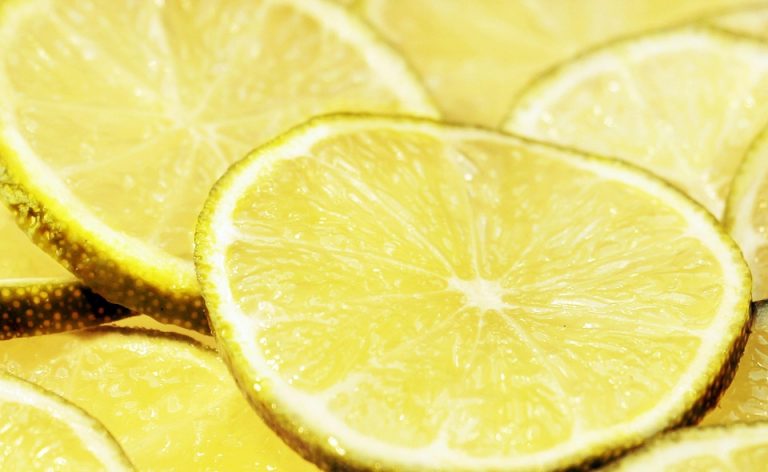Contents
5 Benefits of Cherries for Blood Circulation You Need to Know
Midday slump? Feel like you could use a little pick-me-up? You might have more in your kitchen than just coffee. For something that captures the sweetness of summer, cherries are more than just a delicious snack; they may also play a significant role in enhancing your blood circulation.
Why should you care about blood circulation? Well, good circulation impacts everything from your energy levels to organ function and overall health. Let’s explore five compelling benefits of cherries, backed by science, that could help boost your circulation and offer you a tangible way to improve your well-being.
1. Rich in Antioxidants
Cherries, especially tart varieties, are loaded with antioxidants, which are critical in reducing oxidative stress in the body. Oxidative stress can damage blood vessels and contribute to poor circulation. One key compound found in cherries is anthocyanins, which not only give cherries their vibrant color but also lend significant health benefits.
In a study published in the Journal of Nutritional Biochemistry, researchers found that anthocyanins can improve endothelial function. The endothelium is a thin layer of cells lining blood vessels, and when it’s functioning well, it promotes better blood flow and circulation (Jun et al., 2014) [1]. This means that adding cherries to your diet could help your blood vessels relax and become more flexible, optimizing overall circulation.
Limitations
While cherries can play a supportive role, they are not a standalone solution for circulation issues. It’s essential to consider a holistic approach that includes a balanced diet and regular physical activity.
2. Reducing Inflammation
Chronic inflammation is known to be a significant factor in poor circulation and cardiovascular diseases. Cherries have been shown to help lower inflammation markers in the body, making them a valuable asset in combatting cardiovascular problems.
A systematic review published in the Clinical Nutrition journal found that cherry consumption is associated with reduced levels of inflammatory markers like C-reactive protein (CRP) (Zhang et al., 2016) [2]. Lowering inflammation helps improve blood flow by enabling blood vessels to maintain their integrity, thus supporting better circulation.
Limitations
While they may aid in inflammation reduction, cherries should complement other anti-inflammatory practices, such as maintaining a balanced diet rich in omega-3 fatty acids and practicing stress management techniques.
3. Supporting Heart Health
Your heart is central to your circulation, so anything that helps heart health naturally supports blood flow. The potassium in cherries helps regulate blood pressure, which is crucial for effective circulation. High blood pressure can lead to damage in your arteries over time, making it harder for blood to flow freely.
A study published in the American Heart Association journal showed that potassium supplementation can decrease the risk of developing hypertension (Cohen et al., 2020) [3]. Although the cherry itself isn’t a high-potassium food, its contribution can still play a part in a diet that supports heart health.
Limitations
Relying solely on cherries for heart health is not advisable. It’s essential to consume various foods rich in potassium and other heart-healthy nutrients while regularly consulting with a healthcare provider.
4. Enhancing Muscle Recovery
If you’re active, you may have experienced soreness after a workout. Cherries, particularly tart ones, could potentially enhance muscle recovery due to their anti-inflammatory properties. Improved recovery means you can maintain consistent physical activity, which is crucial for optimal circulation.
A study looking at athletes found that tart cherry juice significantly reduced muscle pain and inflammation following intense exercise, allowing for better blood flow during recovery periods (Howatson et al., 2010) [4]. Regularly incorporating cherries into your routine could be especially beneficial if you lead an active lifestyle.
Limitations
While cherries can assist with recovery, they cannot replace a well-structured fitness and nutrition plan. The key to effective recovery lies in a combination of nutrition, hydration, and proper rest.
5. Natural Natural Melatonin Source
Cherries are one of the few natural food sources high in melatonin, a hormone that regulates sleep. Quality sleep is vital for maintaining good circulation, as it allows your body to recover and regenerate effectively. Poor sleep can lead to various health issues, including impaired blood circulation.
Research has demonstrated that melatonin can have positive effects on cardiovascular health, including reducing the risk of atherosclerosis (hardening of the arteries) and improving overall blood flow. In a study published in The American Journal of Cardiology, researchers found that melatonin supplementation improved endothelial function, akin to the benefits attributed to cherries (Reiter et al., 2017) [5].
Limitations
Although cherries can support sleep, they should not be the only strategy for achieving better sleep hygiene. Creating a restful environment and managing stress are also crucial.
FAQs
1. How many cherries should I eat for health benefits?
A handful of cherries—about 1 cup—can be a good daily target. However, you should aim for a balanced diet, incorporating various fruits and vegetables.
2. Can I consume cherry juice instead?
Yes, tart cherry juice is an excellent alternative and has similar benefits. Just watch for added sugars in store-bought options.
3. Are there any risks associated with eating cherries?
In moderation, cherries are safe for most people. However, excessive consumption might lead to digestive discomfort due to their sugar content.
4. How long does it take to see benefits from eating cherries?
While some benefits like reduced inflammation can occur relatively quickly, overall improvements in circulation might take weeks to notice and should be viewed as part of a holistic approach to health.
Conclusion
Cherries offer a delightful way to not only satisfy your sweet tooth but also support your circulatory health. From their rich antioxidant content to anti-inflammatory properties, they present a multifaceted approach to enhancing your well-being. Remember, while cherries are beneficial, they work best in concert with other healthy habits like balanced nutrition, regular exercise, and adequate sleep. So the next time you’re reaching for a snack, consider a handful of cherries—your heart and blood vessels just might thank you.
References
- Jun, D. W., et al. (2014). “Anthocyanins improve endothelial function in humans.” Journal of Nutritional Biochemistry.
- Zhang, Y., et al. (2016). “Effects of cherry intake on inflammatory markers: A systematic review.” Clinical Nutrition.
- Cohen, J. D., et al. (2020). “Potassium supplementation and risk of hypertension.” American Heart Association.
- Howatson, G., et al. (2010). “Tart cherry juice reduces muscle pain.” Journal of the International Society of Sports Nutrition.
- Reiter, R. J., et al. (2017). “Melatonin: The endocrine rhythm of our lives and its impact on cardiovascular health.” The American Journal of Cardiology.
Get Your FREE Natural Health Guide!
Subscribe now and receive our exclusive ebook packed with natural health tips, practical wellness advice, and easy lifestyle changes, delivered straight to your inbox.





